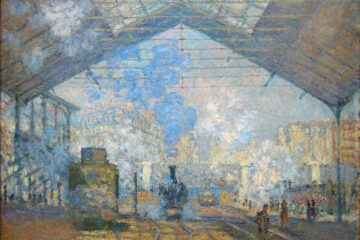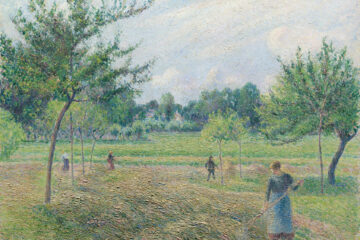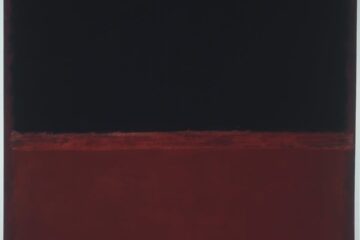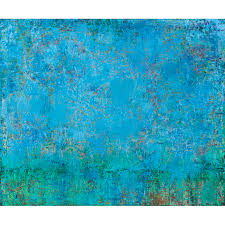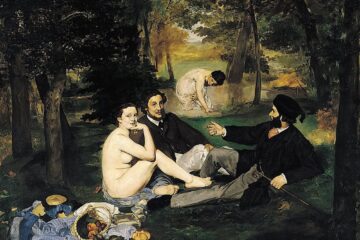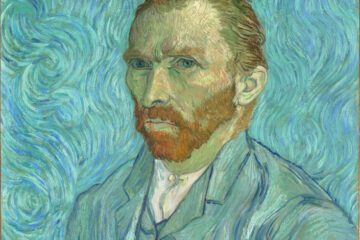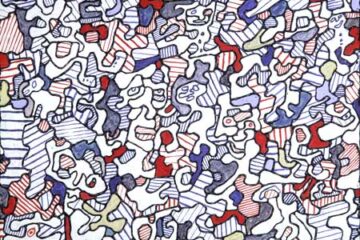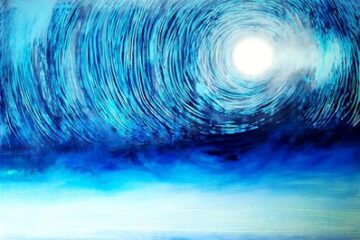A readiness for transformation unleashes an outpouring of new possibilities for a life of fulfillment and meaning. View the study sheet here. Watch the recording here.
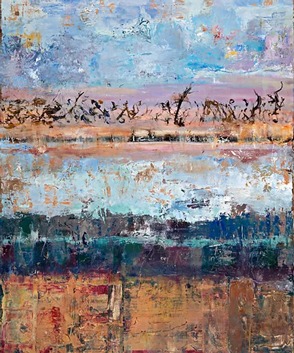
Miles Davis was one of the most influential figures in 20th century music. His readiness to explore new forms established him as one of jazz music’s greatest innovators. Over five decades in his drive to express himself he covered bebop, cool, modal, and fusion. He transformed an instrument, the trumpet, whose signature presence had been extroverted, loud and brassy. Davis made the trumpet an instrument of his personality: introverted, cool, muted with little vibrato. He famously urged his fellow musicians to go beyond the notes and structure of the music, “Don’t play what’s there; play what is not there.”
Ruth Feldman was for many years a Jewish Early Childhood Education teacher and director. Wanting to surround herself at home with pretty paintings of flowers and fields, she took art classes so she could create her own. Eventually she became a fulltime artist, drawn increasingly to abstract images. Inspired by Jewish texts, she has sought to present on canvasses her expressive responses to the material. Her paintings are not meant as visual translations of the text. They are visual responses designed to uncover dimensions of meaning concealed within the words.
“My effort,” she writes, “is less to replicate the landscape than to focus on the potential of the horizon – not the one we see, but multiple horizons beyond our visual frame of reference.” Pictured here is her piece Layers of Creation. How many horizons do you see? Might there even be more? Echoing Miles Davis, Feldman says, “I paint not what I see, but rather what I don’t see.”
To play “what is not there,” to paint “what I don’t see” is an act of summoning forth a creative composition that relies not on pre-existing forms but on a subjectively driven internal design. It is a act of will, an expression of desire. More than logic, more than the familiar order is at work.
This “something more than logic,” something that is instead an expression of desire is at work in this week’s Torah portion. The text describing the experience of the Israelites at Mount Sinai, where they saw the sounds of lightning and the blasts of the trumpet, hints that some kind of sensory dislocation happened. So disruptive to everyday logic was the experience that the medieval commentator Rashi informs us that the narrative placement of events as written in the Torah is completely out of order.
Rashi suggests that the events in Exodus 24:1-12, in which the people express a readiness to do all that God has spoken, is not a ratification of the Ten Commandments, which were recorded in last week’s portion. It is, instead, a flashback to three days before the Ten Commandments. In Rashi’s reading, the people have heard Moses read to them a history of the world, from Creation to the current moment. In response, the people cry out, “All that God has spoken we shall do and we shall hear!”
Yet, the people have not yet heard God speak to them. The implication is that the people have heard from Moses the “old” ways, which the people now recognize as insufficient for new circumstances. They commit themselves to fulfilling what God spoke in ages past in a new way. They are open to what has not yet been practiced or taught…to notes they have not heard, to matters they have not seen.
The revelation that is Mount Sinai is a response to this openness to new possibilities. A flood of new ways of ordering relations among people, between humans and nature, and between humans and the Source of all life. The desire from within human consciousness for attunement with the sacred is the spark that cracks open the familiar and allows in new arrangements. To sustain this revelation will require ongoing creative initiative from the people, more “hearing.”
Miles Davis reimagined how to play the trumpet in order to summon forth music that had never been heard before. And he never stopped innovating: “I’m always thinking about creating. My future starts when I wake up every morning… Every day I find something creative to do with my life.” Every day there is more to hear and more music to bring into the world.
Join us here at 7:00 p.m. (PT) Thursday, February 8 as we explore divine desire.


